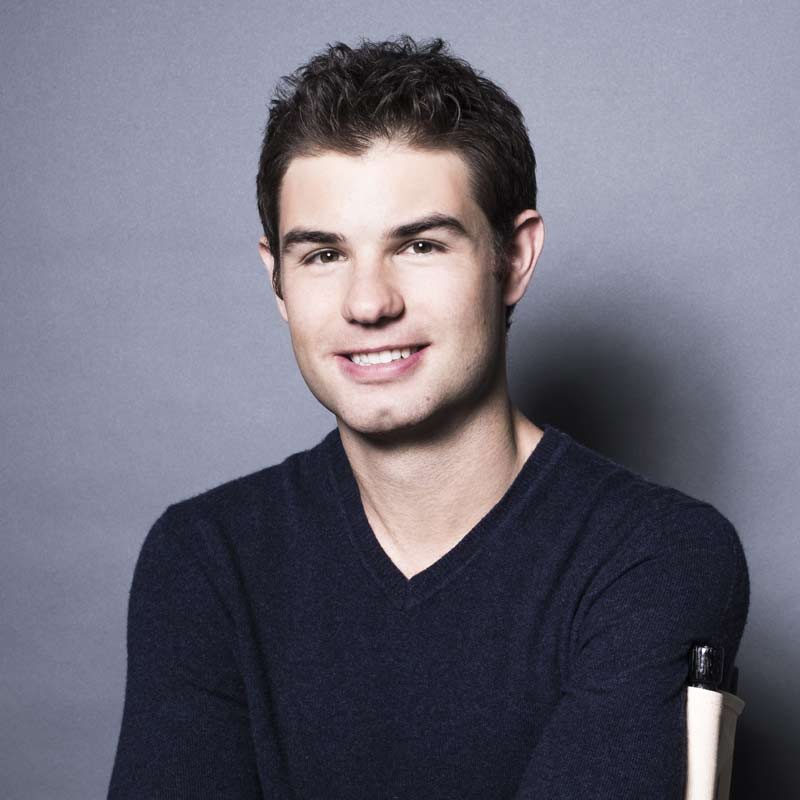Drew Petersen | Sunday, March 6, 2022 · 4:00PM | Salon Piano Series | Masterclass in Madison, WI

Drew Petersen
Masterclass: Sunday, March 6, 2022 · 4:00PM
Program
-
Beethoven, Piano Sonata in c minor, op 13- I. Grave- Allegro di molto e con brio
Sarah Blust is 13 years old, home-schooled, and a student of Bill Lutes. Hobbies include
swimming, drawing, and composing. Sarah recently won the WMTA Junior Composition
Competition with her piece, entitled “Etherium”. Sarah received Honorable Mention at
the District Level. -
Chopin, Nocturne in E flat Major, op 9, #2
Maxine Volkman is 15 years old, a freshman at Madison West High School, and a
student of Jess Salek since the age of four. Hobbies include ultimate frisbee and writing
songs with her band, Elevator Music. Maxine participates in WSMA Solo and Ensemble
and most recently scored a “first” at the state level last Spring. -
Prokofiev, The Capulets and Montagues from “10 Pieces from Romeo and Juliet”, Op 75
Ethan Bo is 15 years old, a freshman at Middleton High School, and a student of Bill
Lutes. Ethan recently received Honorable Mention in the Middleton High School
Concerto Competition, studies the violin and plays for the Wisconsin Youth Symphony
Orchestra. In addition to enjoying math and reading, Ethan is an avid and highly scored
tennis player.
Drew Peterson, a graduate of Harvard and Juilliard, worked with 3 students of teachers
belonging to Madison Area Music Teachers (MAME). We heard Beethoven’s first mvt to Sonata
in c minor, opus 13, Chopin’s Nocturne in E Flat Major op 9 #2, and Prokofiev’s Capulets and
Montagues, op 75. Much of what Drew spoke of, we strive to teach our students.
In the Beethoven, we were reminded just how important it is to use a great edition, as
well as comparing editions to help determine how Beethoven meant for us to play his music. Our
students learned:
- Silence becomes part of the music.
-
Sfz’s are to be played within the context of the dynamic range and should be thought of more
as a push or tug, an inner feel. -
Repetitions of gestures should become more and more intense.
Beethoven’s 1st mvt of the sonata was compared to the French Overture in regards to the
dotted rhythms, but Beethoven took it to the next level and made it darker, minor, and tragic.
There are many notes, and technical gymnastics, so to speak. To play this piece, we need to take
risks, and just hope for the best. 90% of the time, we’ll land the notes. And when we don’t? At
least we didn’t compromise on the piece by being too tentative, or careful. Take the risk. Chances
are, it’ll turn out well!
In the Chopin, we should always aim to make the piano sing and bring out the melody.
The music needs to flow in a coherant way. Chopin is all about Rubato, the give and take of time.
The left hand moves more steadily while the RH influences the timing of the phrasing. When
there are fewer notes, we should move more quickly. When there are more notes with
ornamentation, then we move more slowly, stretching the time to hear and listen.
In the Prokofiev, once again, risk so as not to take away from the piece. If you miss a
note, it’s not a big deal.
We all walked away from today’s masterclass feeling inspired, as we’ve all learned a
thing or two. It is of upmost importance to understand silence within the music, to listen for
timing, and to work on voicing and ensemble between the two hands. If we’re not listening for
these things? Well, then we’re compromising the piece and the composer’s intentions.
In sum, open your ears, open your mind, and be open to risk for a passionate performance of art
music. Most importantly, listen and research/compare to encapsulate what the composer is trying
to say. Thank-you Drew!
